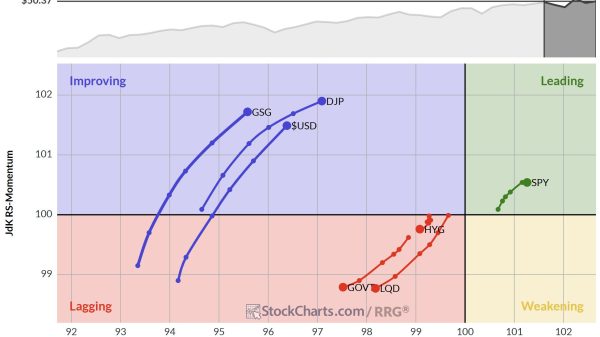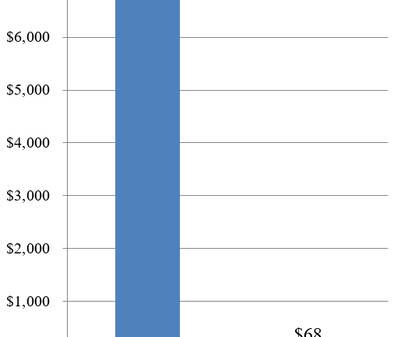
The Human Rights Foundation’s Central Bank Digital Currency (CBDC) Tracker shows that over 1.5 billion people are living in countries where CBDCs have been rolled out. However, not all central banks appear to be on board. The central banks in Canada, Australia, and Colombia recently came out in opposition to the idea of issuing CBDCs.
In an update to its website, the Bank of Canada said it is “scaling down its work on a retail central bank digital currency and shifting its focus to broader payments system research and policy development.” Just before that, the Reserve Bank of Australia published a report that said, “There is no clear public interest case to issue retail CBDC in Australia as yet.” Finally, in July, the Banco de la República de Colombia published a report that said “there are not sufficient reasons for the issuance of [a CBDC] (retail or wholesale) in Colombia.”
It may be difficult to imagine government opposition given that the risks of CBDCs largely center on giving governments more power and that power is being rapidly pursued around the world. However, the news from these three countries shows that not everyone is on board.
To be clear, the statements made by the Canadian, Australian, and Colombian central banks are by no means binding, but these statements are a welcome change of pace, nonetheless.
























